Is There A Connection between El Niño and Increased Crime?
Some people who study how countries interact with each other have noticed a connection between a country having fewer people and the chances of war. They believe that a country is more likely to start a war if: 1. It is going through a catastrophic demographic decline; 2. The nation in question has nuclear weapons; 3. It wants to return to a glorious past; and 4. An aging autocratic leader runs it.
Of course, Russia fits the above profile due to its invasion of Ukraine. So does China. Some fear that China will attempt to invade Taiwan in the next few years.
Anyway, I think it’s fair to say that this predictive model is new as we’ve never encountered any nation with the above conditions until recently. As such, there may be a great deal of discussion as to the validity of this predictive model. It may be ditched or refined further. I think this international relations model is valid for what it’s worth. But I ain’t no international relations expert.
Speaking of predictive models…….
In light of the recent announcement that another El Niño cycle has started, one wonders, “Are there any predictive models connecting El Niño cycles to increased crime rates?”
Why El Niño? Because scientists have determined that it has come back for the first time in seven years.
Please note: While I may not possess expertise in weather, climate change, or El Niño, I approach this topic with a serious and nerdy self-defence perspective. So, fasten your seatbelts as we delve into the intriguing realm of weather phenomena.
Before we explore the El Niño phenomenon, let’s take a quick look at the connection between heat and crime rates.
To begin with, police departments have often observed that violent crimes often increase with hot weather. See this chart:

Note the chart comes from this Washington Post article.
This is fairly common knowledge among police officers and departments.
Spike Lee’s “Do The Right Thing” delved into the intersection of scorching hot weather and rising racial tensions. Watch the movie, and you can literally feel the hot summer day come off the screen.
If you are not able to view this video, go here.
I won’t dwell too much on the relationship between hot weather and increased crime rates. It seems widely accepted among police departments, police officers and criminologists.
Climate Change and Crime.
In addition, several studies suggest a relationship between climate change and an increase in violent crime. However, one criticism of the suggested linkage between climate change and crime rates is that:
However, despite the strength of this relationship, there is little evidence on how weather affects patterns of criminal behavior over longer time scales. In particular, there is great uncertainty about how climate change is likely to affect the incidence of crime.
A quick review of this issue indicates some fuzziness on this issue. For example, “climate change *may* affect crime rates.” Or “climate change may result in more violent crime in general.” In general?
I don’t doubt that criminologists or criminal justice experts will conduct many studies to address the question of the impact of climate change on violent crime or unrest. I have a feeling as to what the likely answer will be. But this gut feeling must be backed by evidence or a strong statistical basis.
Fun fact: Did you know that the French Revolution was preceded by climate chaos (the coldest winter in 100 years up to 1788 followed by an extraordinarily hot summer in 1789)? And this was under natural conditions.
Anyway, might it be more useful to use a time-limited event like El Niños to answer how a climate event impacts criminality?
Scientists say that El Niño happens, on average, every two to seven years. These occurrences usually go on for about nine to 12 months.
What is El Niño?
El Niño is a climate phenomenon characterized by warmer Pacific Ocean surface temperatures, specifically in the central and eastern parts of the tropical Pacific. This phenomenon occurs irregularly and can significantly impact global climate patterns, causing disruptions in weather conditions worldwide. El Niño often leads to above-average rainfall in some regions and drought conditions in others. It can affect agriculture, and fisheries, and even influence the occurrence of extreme weather events like hurricanes.
As a CBC article notes,
“The onset of El Niño will greatly increase the likelihood of breaking temperature records and triggering more extreme heat in many parts of the world and in the ocean,” WMO Secretary General Prof. Petteri Taalas said in a statement on Tuesday.
While it’s a natural phenomenon, this is the first time El Niño has happened on top of a baseline of so much human-caused warming, leading the WMO to say it is “playing out in uncharted waters.”
Given the above, it’s just a matter of Googling (1) “El Niño and crime rates; (2) “Does El Niño result in increased crime rates?” (3) “Does El Niño affect crime rates?” and (4) “Does La Niña lead to decreased crime rates?”

To my surprise, the scholarship on this question is virtually non-existent.
Specifically, I found no article or treatises connecting El Niño to increased crime.
One article explored the relationship between El Niño and violent conflict. It doesn’t address my question.
The only other treatise/article remotely relevant was one by a criminal defense law firm in California. Generally speaking, this article supports the theory that “crime rates tend to go up as the weather gets hotter.”
As of this writing, nothing indicates that any articles have been written specifically about El Niño and crime rates. I admit that I am very surprised by this.
One last thought that just popped into my head. How will rising interest rates and El Niño affect societal stress? I have a gut feeling as to what the answer might be. But, again, we run into a lack of scholarship on this issue. Oh yes, add in the emerging worries about AI.
Unfortunately, this post ends on an inconclusive note.
The bottom line is that the scholarship on the connection between El Niño and increased crime is non-existent. All we have, for now, is a strong correlation between hot weather and increased crime.
I’ll let you know if I encounter any article or treatise addressing this question! Have any of you encountered any articles on this topic? If so, let me know!
Additional Reading
- Macro Awareness for Self Protection
- The Learning Cycle
- My Favorite Boxing Movies
- Unveiling the Statistics: Violent Crime in Durham Region
- The Rise of the Hostility Era
Share this post:
- Click to share on Twitter (Opens in new window)
- Click to share on Facebook (Opens in new window)
- Click to share on LinkedIn (Opens in new window)
- Click to share on WhatsApp (Opens in new window)
- Click to share on Nextdoor (Opens in new window)
- Click to share on Pinterest (Opens in new window)
- Click to email a link to a friend (Opens in new window)
Brian Johns
Related Posts
5 Comments
Leave a Reply Cancel reply
Categories
- Arnis/Kali/Eskrima (113)
- Book Review (8)
- DVD Reviews (3)
- Guest Post (4)
- Inspiration (24)
- Martial Arts (99)
- My story (92)
- Safety (14)
- Tips & tricks (6)
- Uncategorized (3)
- YouTube Videos (8)
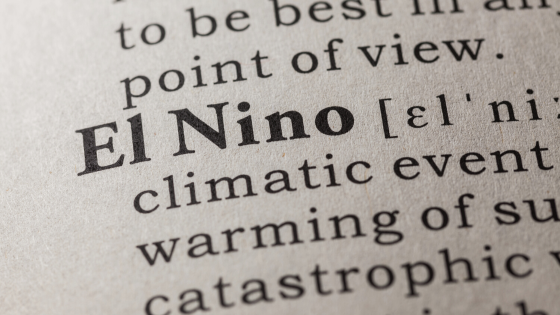
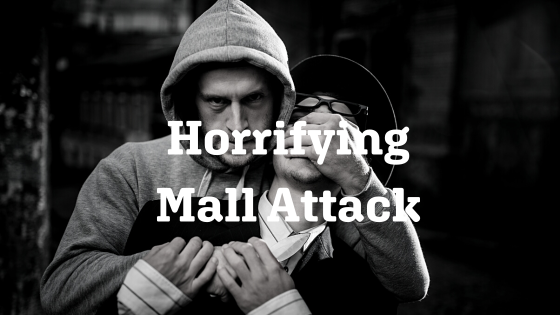
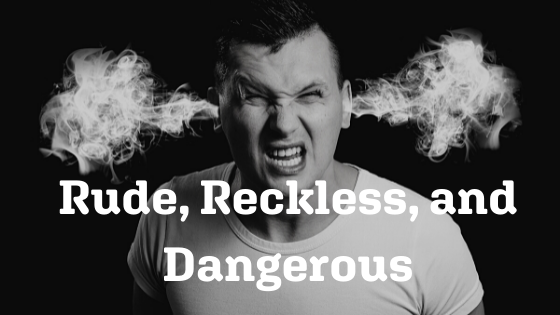
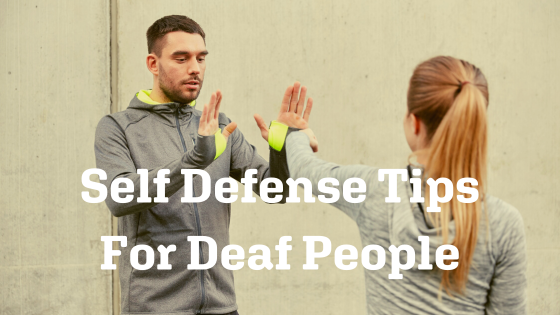

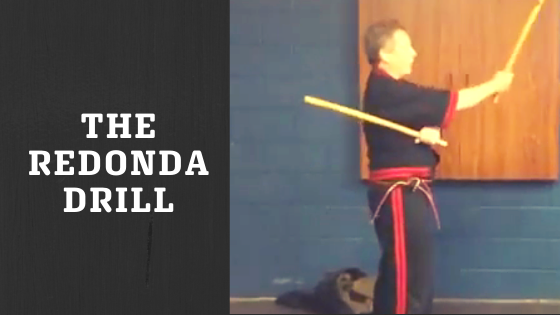
[…] the overwhelming gravity of yesterday’s post, I’ve concluded that today’s post requires a touch of humour. So, brace yourselves for […]
[…] well-known correlation is that hot weather leads to more crime and murder. However, experts disagree on why this phenomenon occurs in the first place. There are competing […]
[…] I believe there must be a broader view of self-defense and violence. For instance, research indicates a strong correlation between interest rate hikes and increased crime rates. Also, it is well known that the hotter temperatures, the more likely crime will increase. […]
[…] mentioned above, the incredibly mild winter weather may affect the increased crime statistics. The correlation between hot summer weather and increased crime has long been known. Could this be true of the warmer-than-usual winter weather? I’d like to […]
[…] Safety, YouTube Videos 1 […]